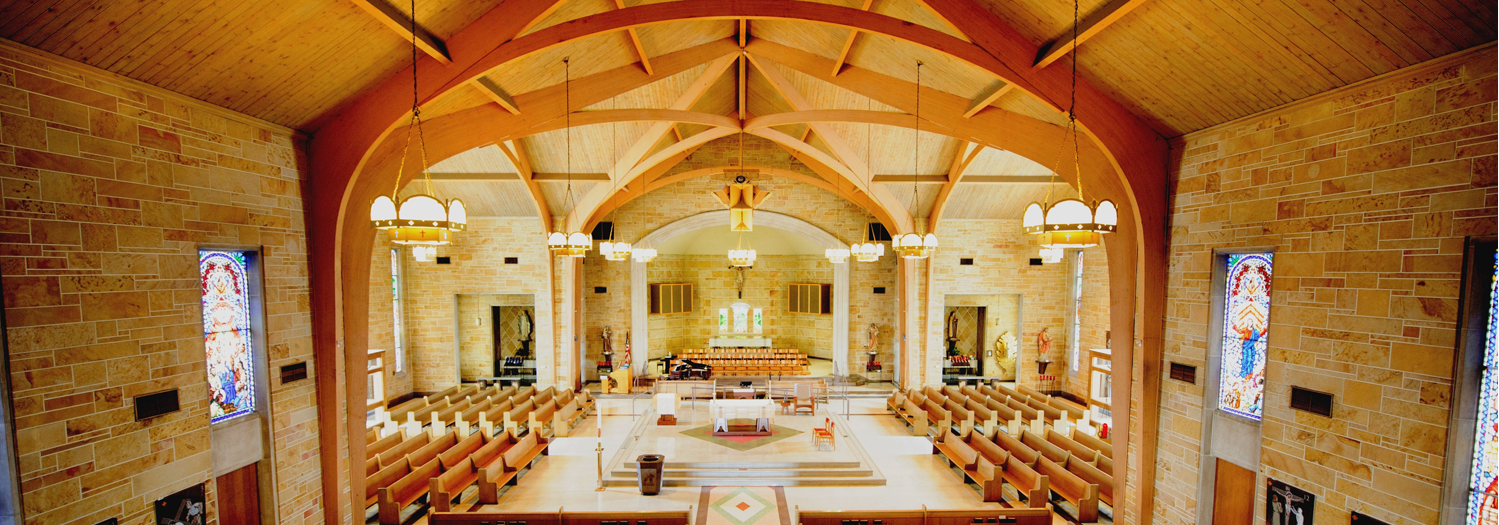Fr. Bob’s Homily
Fr. Bob’s Homily
April 20, 2025
Alleluia, alleluia. This is the day the Lord has made. Let us rejoice and be glad today. Alleluia.
My Brothers and Sisters,
The parish staff and I want to wish all of you a most blessed and happy Easter. In a special way, we want to welcome all of you who have returned home to Little Flower for Easter and all our visitors.
Today we celebrate Jesus’ resurrection from the dead, his triumph over sin, suffering, sickness, and death. As St. Paul wrote, “We know that Christ, raised from the dead, dies no more; death no longer has power over him” [Rom.6:9-10].
However, to understand Easter, we have to understand it in relation to Holy Thursday, Good Friday, and Holy Saturday. Fr. Andrew Greeley has written that there are three themes connected with the celebration of the Christian Passover.[1]
On Holy Thursday, Jesus instituted the sacraments of Eucharist and Holy Orders and washed the feet of his disciples. Fr. Greeley suggests that the theme of Holy Thursday is community: “Because the loaf of bread is one, we, though many, are one body, for we all partake of the one loaf” [1 Cor. 10:17]. Also, it is through the Eucharist that we remember and make present among us Jesus’ sacrificial death on the cross: “For as often as you eat this bread and drink the cup, you proclaim the death of the Lord until he comes” [1 Cor. 11:26]. By washing his disciples’ feet, Jesus taught that the community of believers is to be a community that serves.
Good Friday celebrates the theme of freedom. In John’s Gospel, Jesus told the Jews that “everyone who commits sin is a slave of sin” [8:34]. The Letter to the Hebrews reminds us that Jesus died to “destroy the one who has the power of death, that is, the devil, and free those who through fear of death had been subject to slavery all their life” [2:14-15]. Dying on the cross, Jesus freed us both from sin and from the fear of death.
In today’s Gospel, the angels said to the women, “‘Why do you seek the living one among the dead? He is not here, but he has been raised’” [Luke 24:5b-6a]. Holy Saturday and Easter celebrate the theme of new life. Today the church is filled with symbols of life: light, water, flowers, color, and music. On Easter, Jesus rose glorious and immortal, triumphing over sin, suffering, sickness, and death and becoming a “life-giving spirit” [1 Cor. 15:45b].
Throughout this past year, but especially during the season of Lent, our neophytes (our former catechumens and candidates) have entered into the mystery of Jesus’ dying and rising. Last night, they were configured to Christ through the reception of the sacraments of initiation–baptism, confirmation, and Eucharist. Their challenge going forward will be to continue to “grow into the likeness of the risen Christ,”[2] to continue to become the best version of themselves.[3]
Likewise, if, but only if, we have entered into the spirit of Lent, today we celebrate not only Jesus’ resurrection to new life but also our own resurrection to new life with him. Through the discipline of Lent–prayer, fasting, and almsgiving–we have turned away from the selfishness and sin that is part of all of our lives to open ourselves to God, others, and love.
My brothers and sisters, what does the resurrection of Jesus really mean? At an Easter Vigil several years ago, Pope Benedict XVI explained that it means that “Life is stronger than death. Good is stronger than evil. Love is stronger than hate. Truth is stronger than lies.”[4]
Alleluia, alleluia. This is the day the Lord has made. Let us rejoice and be glad today. Alleluia.
[1]Andrew M. Greeley, Ascent into Hell, (New York, NY: Warner Books, 1983), xi.
[2]Preface of the Holy Eucharist II, The Sacramentary, (New York: Catholic Book Publishing Co, 1974), P48, p. 469.
[3]Matthew Kelly, Rediscovering Catholicism: Journeying Toward Our Spiritual North Star, (Cincinnati, Ohio: Beacon Publishing, 2002, p. 69. “…to become the-best-version-of-yourself.”
[4]Homily of His Holiness Benedict XVI, Holy Saturday, 7 April 2012, Saint Peter’s Basilica.
